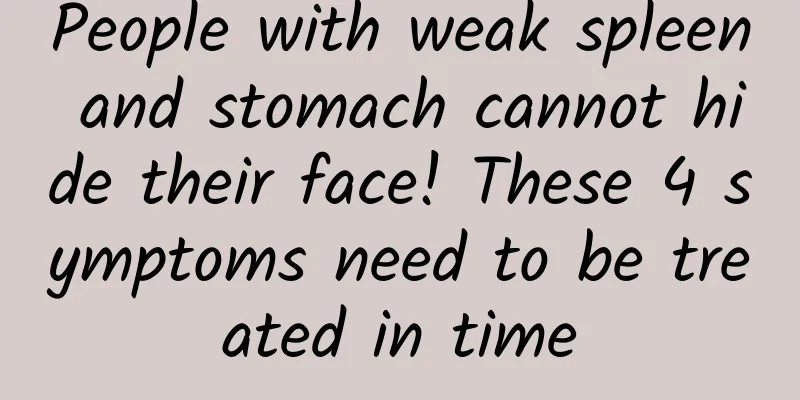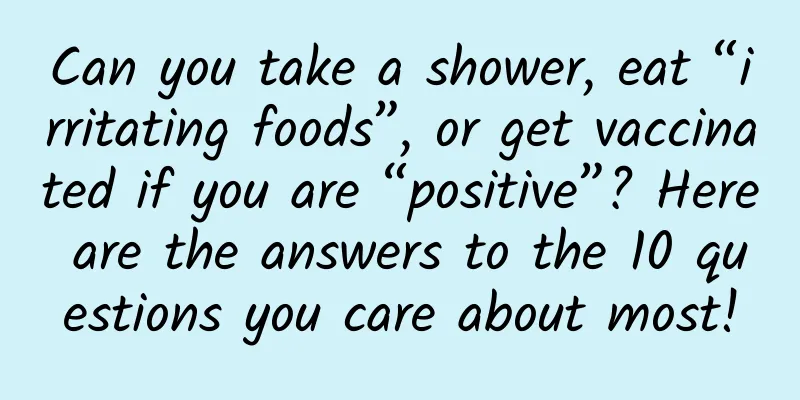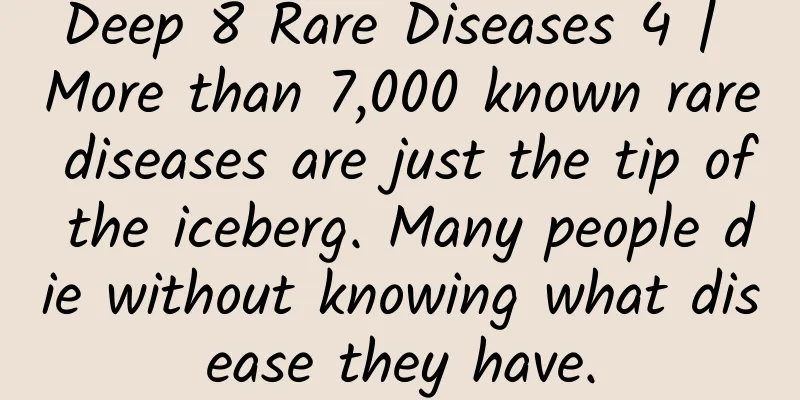[Nursing Science] "Dietary Guide" helps recovery
![[Nursing Science] "Dietary Guide" helps recovery](/upload/images/67efd2b5d3668.webp)
|
During the recovery process of illness, a reasonable diet is an important part of accelerating physical recovery, improving immunity and promoting health. In clinical work, one of the questions we are most often asked by patients' families is, "Nurses, can we eat? What can we eat?" and so on. Today I will introduce the following common diets to you one by one. Liquid diet Liquid food is a kind of food that is in liquid form and can be melted into liquid in the mouth. It is easier to swallow and digest than semi-liquid food. It is non-irritating food. It is suitable for seriously ill patients who are extremely weak and unable to chew food, such as those with high fever, oral, cheek and surgical diseases before and after, acute gastroenteritis, esophageal stenosis, etc. For example: rice soup, rice paste, fruit juice, etc. Semi-liquid diet Semi-liquid diet is between soft food and liquid diet. The food is usually in a semi-fluid state. It is easier to digest and absorb than soft food, and has higher nutritional content and nutritional density than liquid diet. Semi-liquid diet is generally finer in texture and easier to digest and absorb. It is suitable for patients who have undergone surgery, have fever, are weak, or have difficulty chewing or swallowing. For example: millet porridge, soft rice noodles, wontons, egg custard, etc. Low-salt, low-fat diet Refers to eating less salt and a low-fat diet. In short, it means eating less oily food (fat meat and animal oil). Low salt means eating less salt or no salt. It is suitable for patients with coronary heart disease, hypertension, hyperlipidemia, pancreatitis, biliary tract disease, kidney disease, diabetes, ascites and people who want to lose weight. Low-salt diet: The total amount of salt consumed per day should be controlled within 6 grams, which can prevent and control high blood pressure and reduce blood volume, thus reducing the burden on the heart. "More vegetables and less meat, more fruits and vegetables, less meat." Avoid: sausages, bacon, ham, hot dogs, pickled and smoked foods, frozen foods, and canned foods. Low-fat diet: Low-fat diet advocates light food, basically vegetarian, but it is not suitable to eat only vegetarian for a long time. Otherwise, the diet composition is incomplete, which may cause endogenous cholesterol to increase. High-fat, high-cholesterol diet, fried food, fatty meat, lard and snacks with high fat content, animal brain marrow, poultry skin, egg yolk, crab roe, chicken liver, butter, etc. should be limited. High-protein diet Scope of application: For patients with high metabolic diseases such as tuberculosis, large-area burns, severe anemia, malnutrition, nephrotic syndrome, patients after major surgery and advanced cancer. On the basis of the basic diet, add protein-rich foods such as meat, fish, eggs, milk, beans, etc. Low-protein diet Scope of application: Used for patients with restricted protein intake, such as acute nephritis, uremia, hepatic encephalopathy, etc. High-calorie diet Scope of application: For patients with high heat energy consumption, such as hyperthyroidism, high fever, large-area burns, pregnant women, and patients who need to gain weight. Add two meals on the basis of the basic diet. If it is a normal diet, add milk, soy milk, eggs, lotus root powder, cake, etc. between the three meals; if it is a semi-liquid or liquid diet, add concentrated foods such as chocolate, cream, etc. Normal diet A normal diet is referred to as normal food, which is similar to the diet of healthy people. ① Balanced diet: The dietary preparation should be close to normal diet, with diversified food varieties to ensure balanced nutrition; ② Variety diversity: Daily food supply should include cereals, vegetables, fruits, fish and shrimp, eggs, milk, meat and poultry, beans, etc. ③ Reasonable distribution: Properly distribute the food of the whole day to each meal. Usually 25%-30% for breakfast, about 40% for lunch, and 30%-35% for dinner; ④ When cooking food, attention should be paid to maintaining its color, aroma, taste and shape, making it beautiful and delicious to increase appetite; ⑤Avoid stimulation: Try to eat less irritating foods such as hot peppers, strong condiments such as mustard, pepper, curry, etc. Difficult to digest fried foods, overly hard foods, and foods that produce too much gas should also be eaten less. The above is a detailed introduction to various types of diets. You can choose food according to your situation. At the same time, I hope it can help everyone to maintain good health and recover soon! The picture is from the Internet. If there is any infringement, please contact us to delete it. |
>>: Uncovering the secrets of the "brain-eating worm"
Recommend
What's wrong with white watery vaginal discharge?
Abnormal leucorrhea should be a symptom that most...
Chest tightness and shortness of breath during menstruation
During menstruation, a girl's body will chang...
What are the nutritional value and effects of avocado? How to eat avocado and what are the taboos
Avocado, also known as avocado, alligator pear, a...
Pregnant woman with a lump in one breast
There is a lump on one side of the breast without...
What are the precautions for recovery from medical abortion?
The so-called medical abortion is the use of drug...
Can myopia be cured?
“Is myopia really incurable?” “The more you wear ...
Bright red bleeding after sex
Women may experience excessive vaginal bleeding a...
What are the specific signs before giving birth?
Being able to become a qualified mother is an ess...
How much calcium do you need every day during late pregnancy?
Pregnancy is divided into different periods. In t...
What is the method to make private parts tighter?
Women's private parts will become loose, whic...
What does cervical cin1 grade mean?
The cervix, also known as the womb, is one of the...
What will happen if you get caught in the rain during confinement?
After a woman has given birth or had a miscarriag...
Three common breakfast combinations are actually very unhealthy. Are you one of them?
Recently, the topic #Skipping breakfast makes you...
A woman’s hymen undergoes three amazing changes throughout her life!
Every part of our body is a masterpiece of God, a...
The benefits of eating natto every day for women
Natto is made by fermenting the natural Bacillus ...









